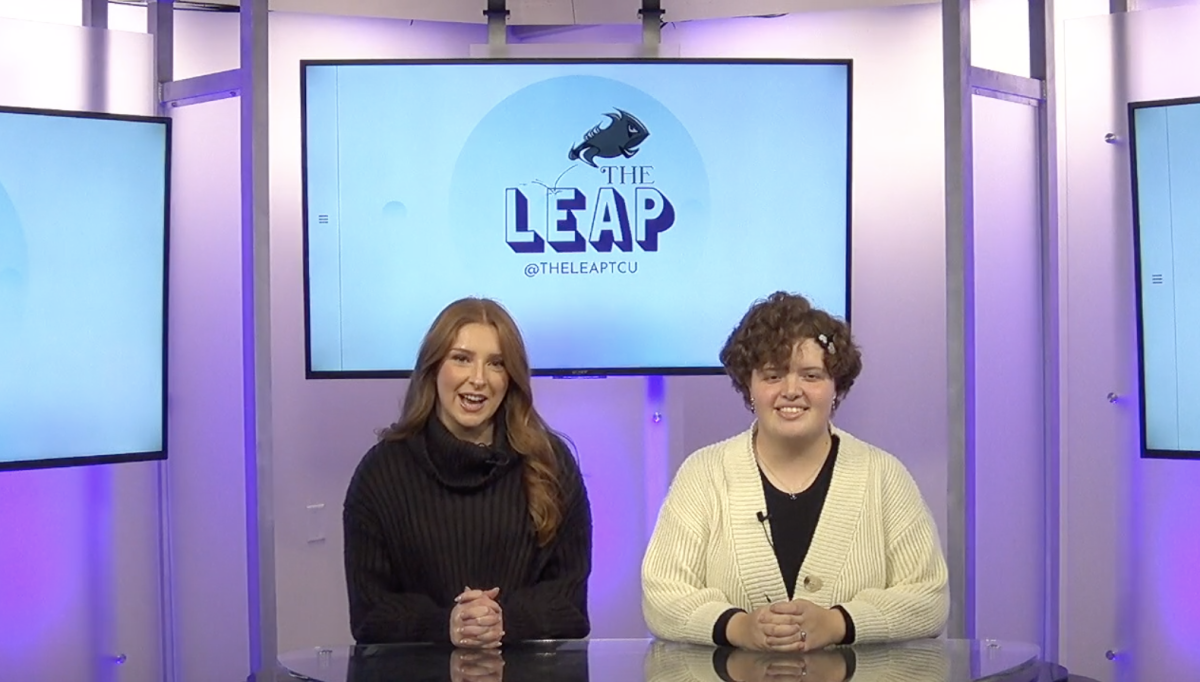The inaugural game in the new Amon G. Carter Stadium concluded a week of celebration around the university. Ribbon cuttings, stadium tours, the Blake Shelton concert and the first student tailgate on Frog Alley exemplified the hard work and vision of donors, students and university administrators.
Yet as a student spectator, the number of empty seats in the most expensive sections of the alumni side was an extreme disappointment. How, after the impressive donor contributions, the hype and long-awaited move to the Big 12 Conference, could the biggest Horned Frog fans become the biggest absentees?
Three incentive systems resulted in the abject failure to fill more than two thirds of the best seats around the fifty-yard line. Thankfully, one mindset can fix the shortcomings, benefit all fans equally and help us live out the pride our university and football team so richly deserve.
First among the incentives is the “plus-four” ticket allotment given to season ticket holders. While it's a good idea to reward the most dedicated donors and fans, the system put the decision to sell tickets at the discretion of individuals who received an extra four seats.
The benefit of keeping extra tickets for friends or special purposes outweighs the incentive to ensure the additional four seats are filled for each game. In other words, the plus-four system created a collective dilemma for season ticket holders and left many prime seats embarrassingly empty.
The second incentive is the logic of the Horned Frog Priority Points System, which establishes a hierarchy among longtime buyers and the biggest donors. The latter often eclipses the longevity of the former, and elite amenities such as the Champions Club make staying out of the stands as attractive as spectating.
Third is the volume of season ticket holders. With a record number in excess of 30,000, the blanket purchase for all six home games means ticket holders do not place the same priority load on each individual game, which represents one-sixth of their purchase, versus the one-game, one-shot mentality to general admission.
Season ticket holders, donors and TCU staff are certainly not to blame for the system that permitted the embarrassingly empty seats, and neither should the system be changed. A common, democratic spirit to the way in which fans participate in Horned Frog football can overcome and live alongside it.
Blood is thicker than water, or so goes the old expression. The common blood we have is a deep, royal purple, and it transcends money, priority points or seat allotments. Our common blood is not the resources that went into the stadium, but the thrill we all get from what comes out of the stadium: pride and victory.
Therefore we can only achieve new heights as a football program by making our fan spirit as fervent and beautiful as the new stadium surrounding us. Privilege does not preclude passion. Privilege instead demands one response, and one response only: stay in the stands, stay loud and stay purple.
Pearce Edwards is a senior political science and history double major from Albuquerque, N.M.





